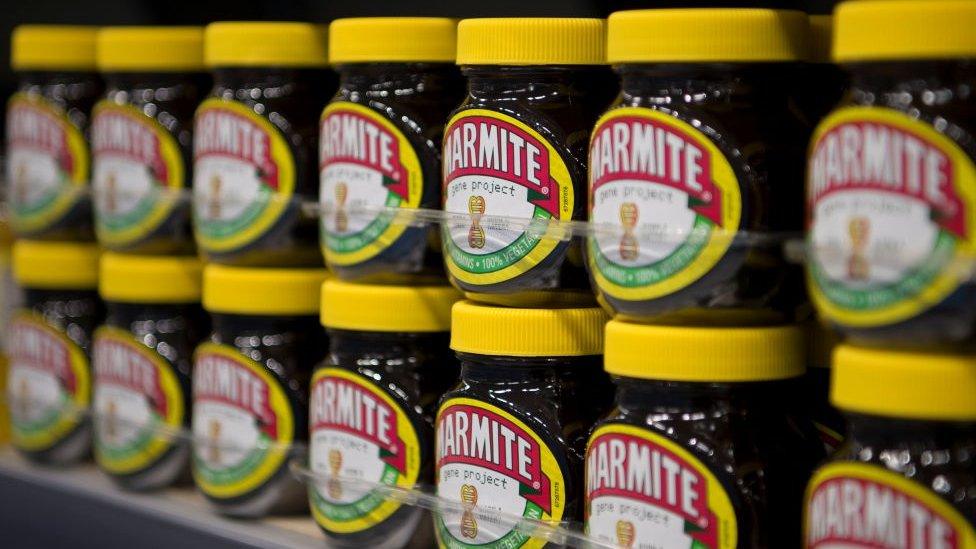Why did Unilever back down over HQ?
- Published
- comments

Unilever's proposal to move its corporate headquarters and primary listing to the Netherlands had the appeal of one of its most famous products - Marmite.
Some shareholders loved it but a significant number hated it.
For those that bought the shares because of Unilever's inclusion in the FTSE 100 it was very off putting indeed.
Unilever's move would have meant ejection from a globally significant index which many funds track by buying all of its members.
Thus it would have made many of them forced sellers at a time not of their choosing.
Defensive move
The proposed move was a reaction to the hostile but short-lived takeover bid from Kraft Heinz.
Although the American raiders went away, Unilever found that its ability to provide an alternative plan to give more cash to its shareholders constrained by its complex dual structure.
Moving to a single Dutch structure meant, according to Unilever, it could respond more quickly. Dutch law also makes it harder to mount hostile bids in the first place.
But most shareholders don't mind hostile bids - they either provide big short-term profits if successful or prod management to up their game.
Capital allure
This proposed relocation was never about Brexit. But significant shareholder resistance highlights the power of London's capital markets and the cachet of its leading index. Global shareholders like global companies listed on a global index.
A significant number of Unilever shareholders are saying that means staying in London - that DOES have post-Brexit significance.